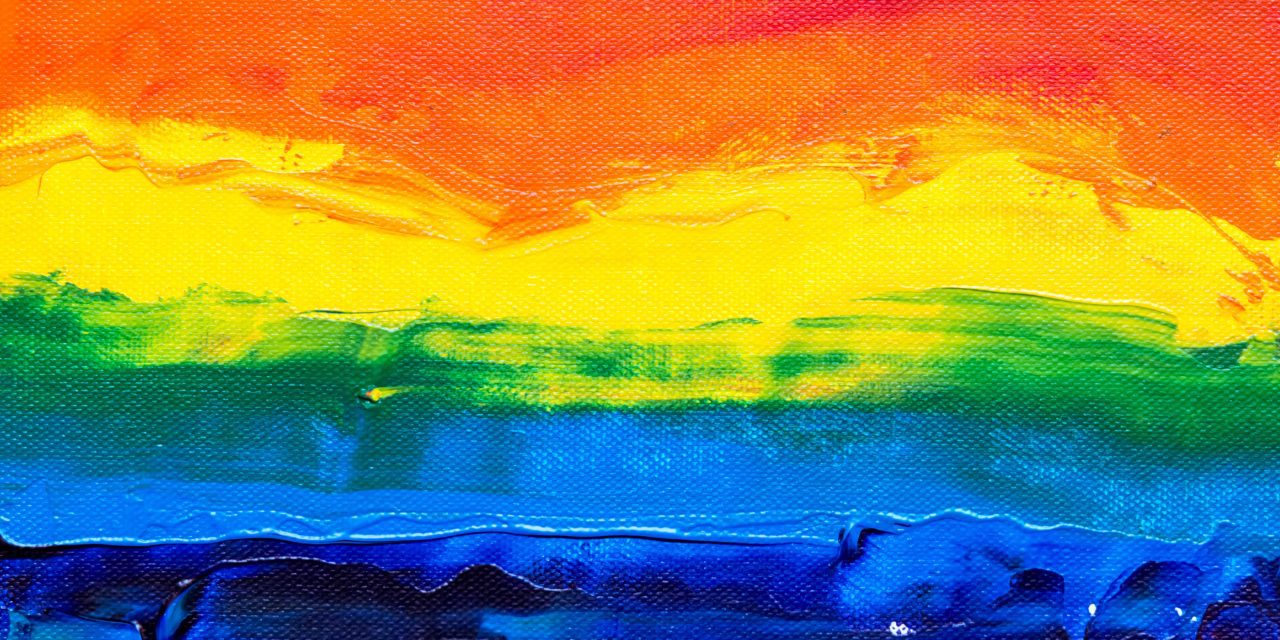When did we tire from fighting for equality and freedom of the queer community?
The world might be fighting a global pandemic and on the brink of a world war, but we cannot ignore the plight of the LGBTQIA+ community.
Even after decades of relentless fights for equality, the pride movement continues to struggle for protection and equality. The first significant win was the legalization of same-sex marriage countrywide. Nevertheless, queer people still face harsh discrimination in different aspects of their lives, including critical healthcare, housing, work, and parenting. These experiences have both subtle and significant consequences on the mental, physical, and financial well-being of queer people.
In the Shadows
A NORC study showed that a significant population (about one-fifth) of the LGBTQIA+ community will alter their lives and hide personal relationships. This helps them to avoid the trauma and discrimination associated with being queer. The study shows that 1 in 2 queer Americans and 3 in 5 transgender individuals face some sought of discrimination every year.
A 2018 survey on Drug Use and Drug Health identified the LGBTQIA+ community as having a higher drug abuse and addiction rate. But why?
Here are some of the issues that the queer community is still fighting against.
Issues the Queer Community is Still Fighting
1. Abuse and Trauma
This is by far the most prevalent issue that most, if not all, queer people have to deal with. Transgender, people of color, and the disabled are the most vulnerable.
Abuse manifests in various ways throughout an individual’s life. It could be a high school bully, parents that refuse to accept their child, or a partner who feeds off negative emotions. It could also be a violent parent or partner, while some are unfortunate victims of hate crimes.
As of 2018, one in five hate crimes were triggered by sexual orientation and gender identity.
16 states have not listed sexual and gender identity in hate crime laws, while 13 states only mention sexual orientation. There are four states that lack hate crime laws.
2. Legal Vulnerability
Although we claim to be progressive, it is sad that federal law doesn’t prohibit discrimination on the basis of gender identity and sexual orientation in crucial fields such as housing, employment, and access to services. In 30 states, employers can fire an individual based on orientation without any legal consequence. As such, queer people lack a recourse platform in the event they are denied services, evicted, or fired because of their identity or orientation.
2018 saw lawmakers try to broaden the exemptions related to the sexual and reproductive healthcare of the queer community. In addition, queer individuals are often denied opportunities to participate in societal decision-making. According to the Taimi LGBTQ+ wiki, most queer individuals and allies don’t know that there are no federal laws to protect the community.
Another threat to the freedom and equality goals of the LGBTQIA+ community is the religious law. Technically, it exempts individuals who believe that compliance with queer equality laws contradicts their moral and religious beliefs.
3. The Evil of Gay Conversation Therapy
Although this practice is heavily discredited and ineffective, it still remains legal and prevalent in states countrywide.
Aversion tactics, prayers, and exorcisms are some of the ways that straight people try to get the gay out of someone. Not only are these acts unethical, but they are also humiliating and torturous to the victim. Minors make up a significant percentage of the victim since their guardians make the decisions for them. Queer minors are treated as evil or abominations, which is a major contributor to poor mental health in the LGBTQIA+ community.
4. Parenting
Raising children is a tough task, but it becomes almost impossible if you are queer. LGBTQ children face more challenges than their straight counterparts, while queer parents have trouble gaining parental legal recognition.
Whether a baby results from artificial insemination or surrogacy, its parents cannot be listed on the birth certificate if they are both of the same sex. While states like Connecticut are revisiting their laws to allow automatic parentage rights to same-sex partners.
5. Restricted Access to Healthcare
Though queer individuals are insured, they lack coverage on fertility options available to straight people. Most policies are often curated for hetero couples. In addition, there are states that have banned access to transition-related health care for youth Trans.
Conclusion
Although the world has moved several steps toward realizing an equal playground for all, there are still numerous aspects we need to work on. We need our lawmakers to develop federal policies that protect LGBTQIA+ individuals from violence, harassment, and unfair treatment in day-to-day activities.






Recent Comments